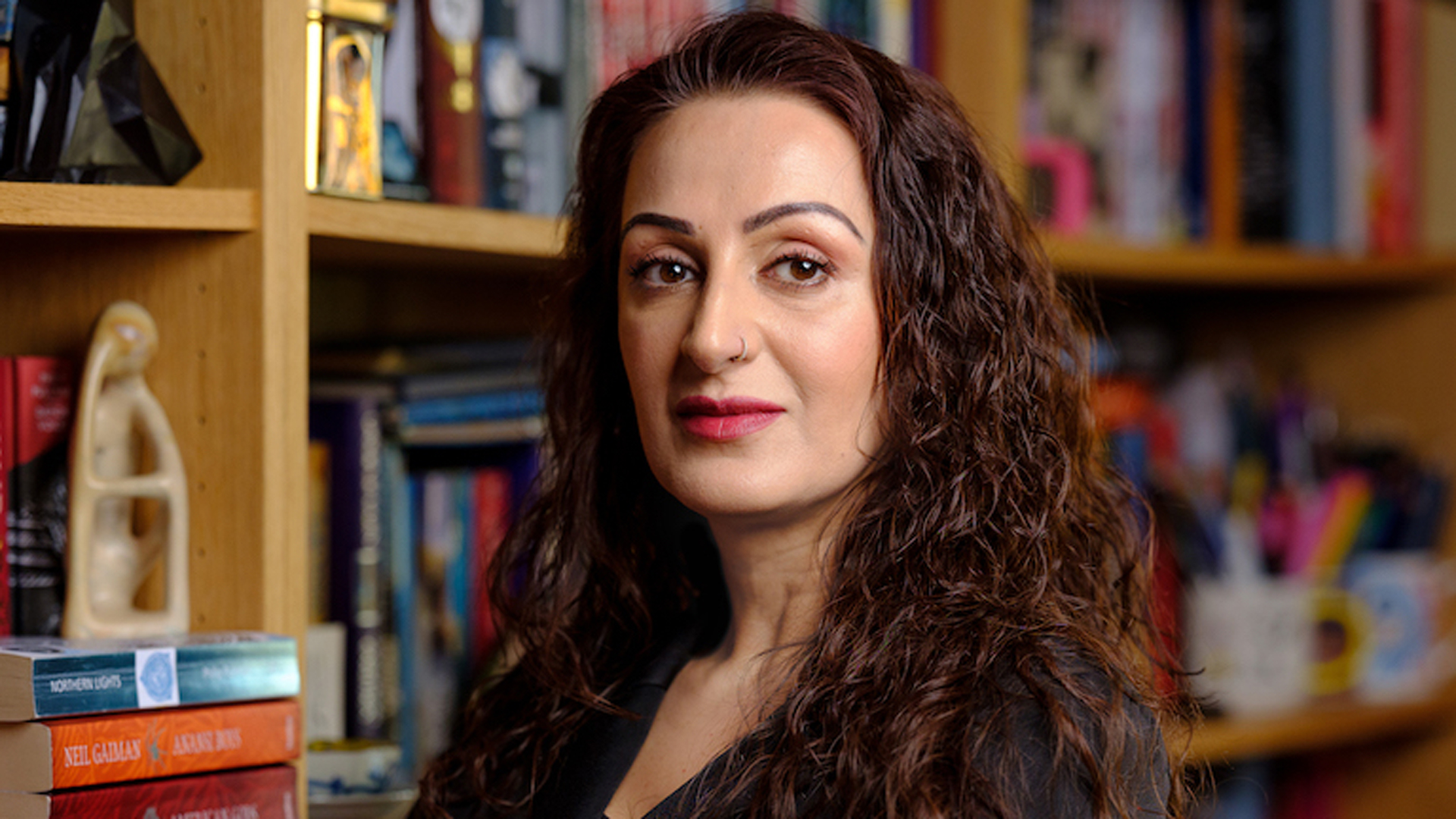As we commemorate the third anniversary of George Floyd’s tragic death, it’s time to critically reflect on issues of racial inequality not just in our communities but also in our cultural and artistic spaces. His passing sparked necessary conversations around the globe, prompting a wide array of entities – from cultural organisations to corporations, both local and global – to vow improvement. Yet, it’s worth questioning whether the realms of literature, arts, and culture truly reflect this commitment to diversity.
Despite the widely held misconception, literature and arts have never been exclusive to white, middle-class communities. Words, ensconced in the heart of books, are universal tools – fundamental in nurturing children’s literacy and aspirations, expanding our collective worldview, and fostering empathy as we grow. Literature festivals serve as an incredible platform to animate these words, sparking discussions that our social media-centric age often overlooks. These events are crucibles of inspiration, not just for children, but for adults too.
Your support changes lives. Find out how you can help us help more people by signing up for a subscription
However, a closer look reveals that these festivals often cater predominantly to white, middle-class audiences in terms of content and ticket prices. This issue promotes an environment of exclusion where the mental wellbeing, inspiration, and overall benefits of arts and culture become accessible only to the privileged few. Addressing these concerns isn’t an insurmountable challenge. All it requires is a genuine openness to diversity of thought and experience, a commitment to providing access to those without financial means, and the willingness to put in the effort to make traditionally marginalised communities feel welcomed in spaces they perceive as not intended for them.
- The essential guide to the UK’s best book festivals 2023
- Summer books: The hottest fiction to read in 2023
- The best kids’ books for summer 2023
Failing to create inclusive spaces for everyone also serves to reinforce the feeling among individuals from minority or socio-economically diverse backgrounds that they don’t belong in the creative industries. This will exacerbate the continued issue of underrepresentation, making it seem an increasingly daunting task to tackle. In a 2021 survey by The Bookseller it was found that only one in five respondents from the publishing industry were from lower socio-economic backgrounds. Further, an analysis of ONS data in 2022 revealed a significant decline in the number of people from working-class backgrounds employed in creative industries over the last 50 years. These statistics highlight the widespread nature of this issue and underscore the urgency to challenge stereotypical ideas about who literature is meant for.
Literature festivals and cultural spaces are at a crossroads. They can either perpetuate the status quo, maintaining their exclusivity and reflecting a narrow, stereotypical view of who belongs in cultural spaces, or they can use their influence to foster change, ensuring that everyone feels welcomed and represented.









